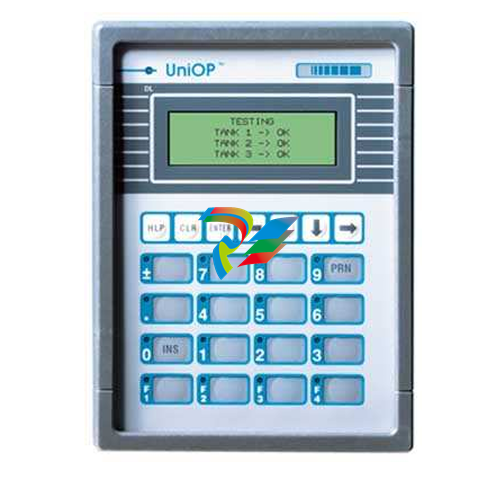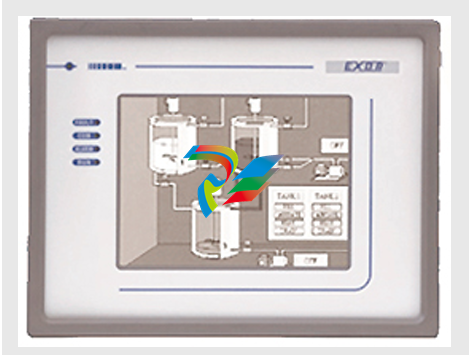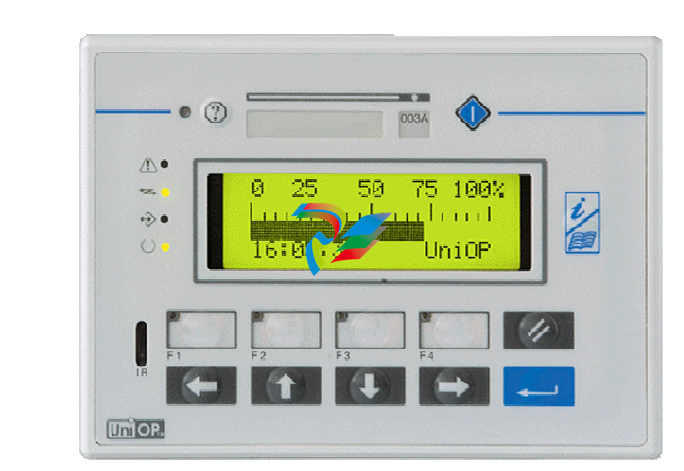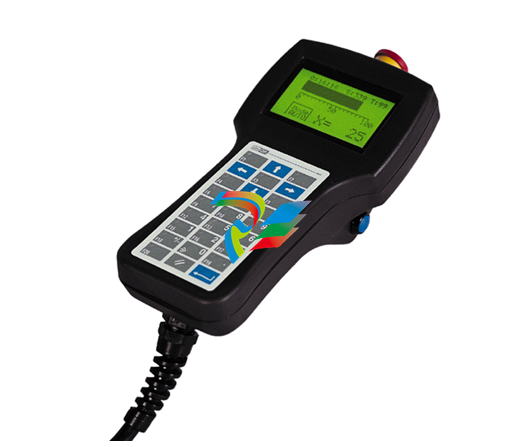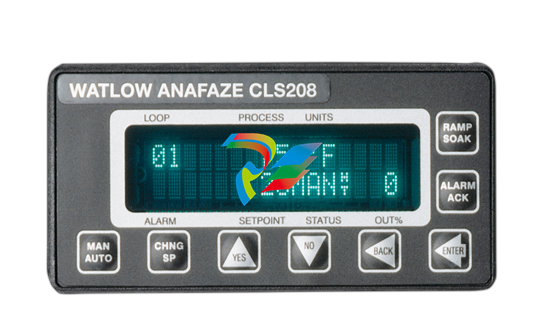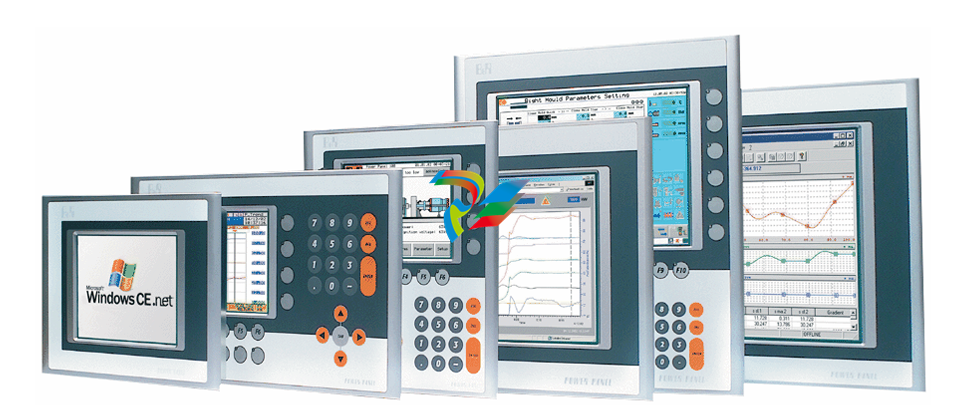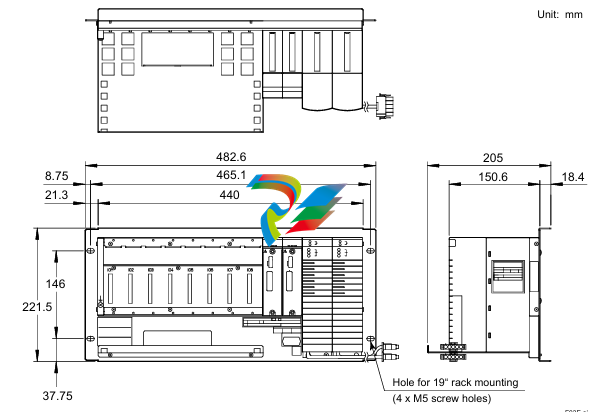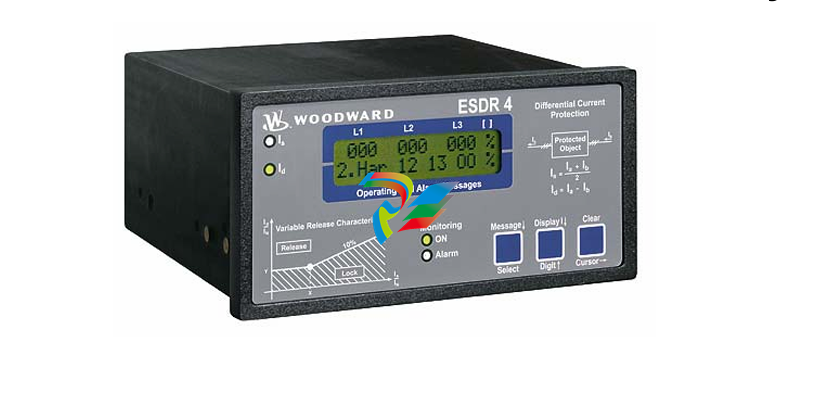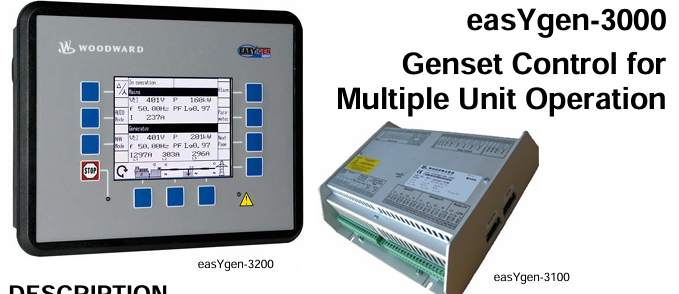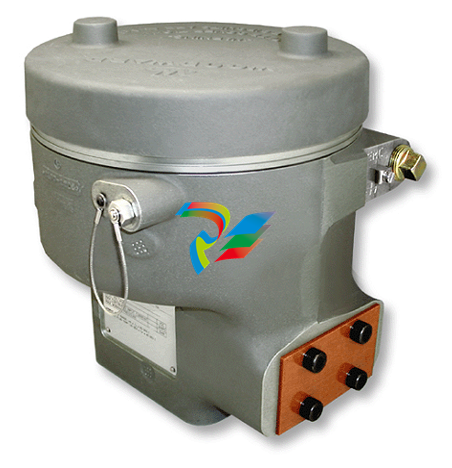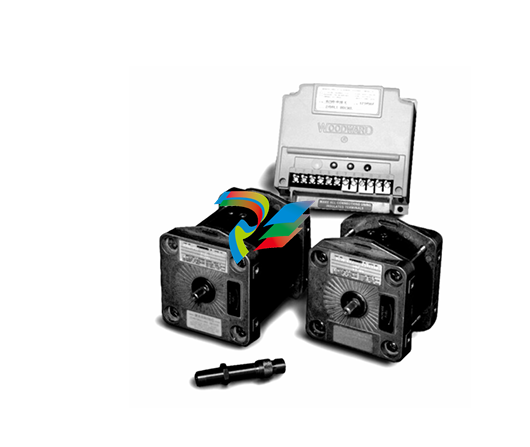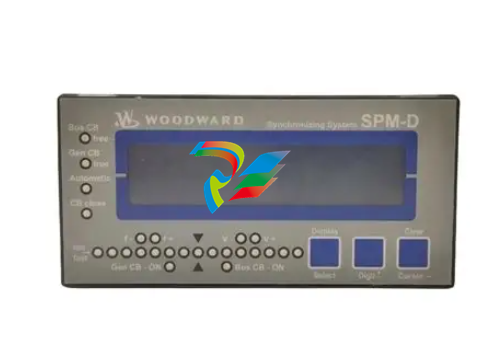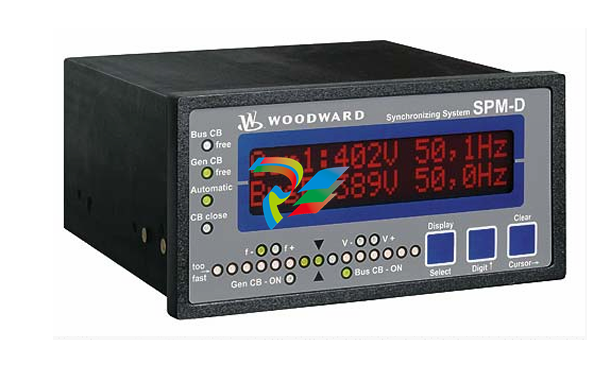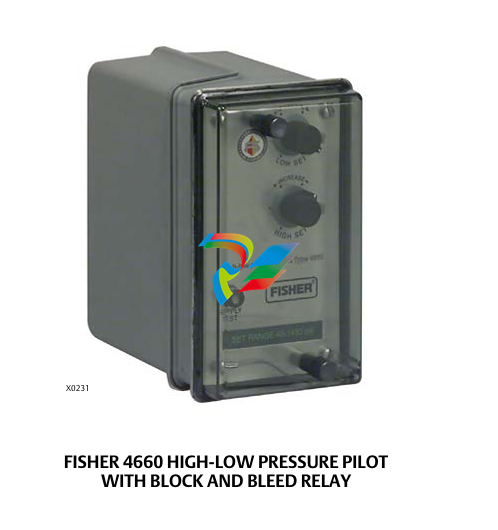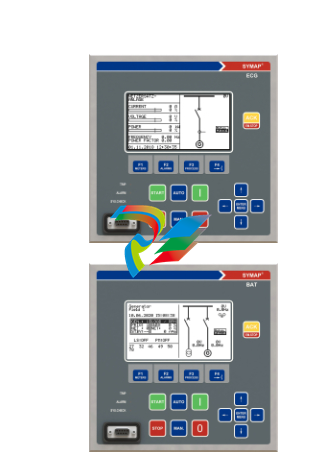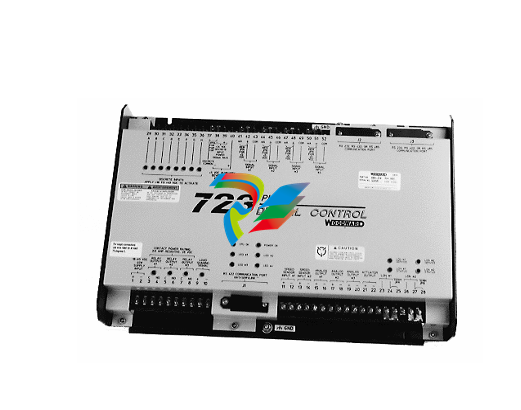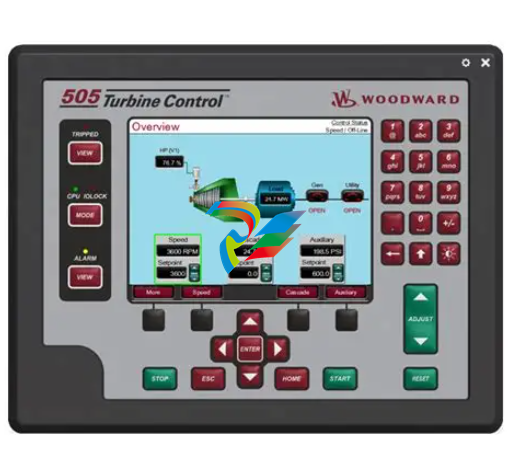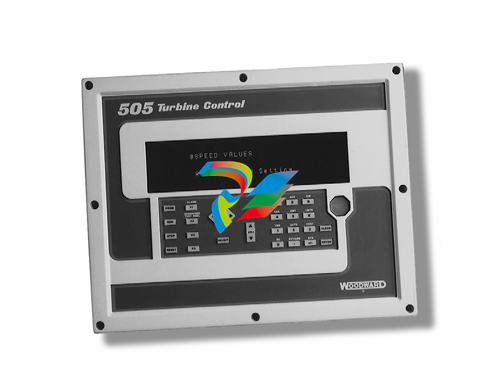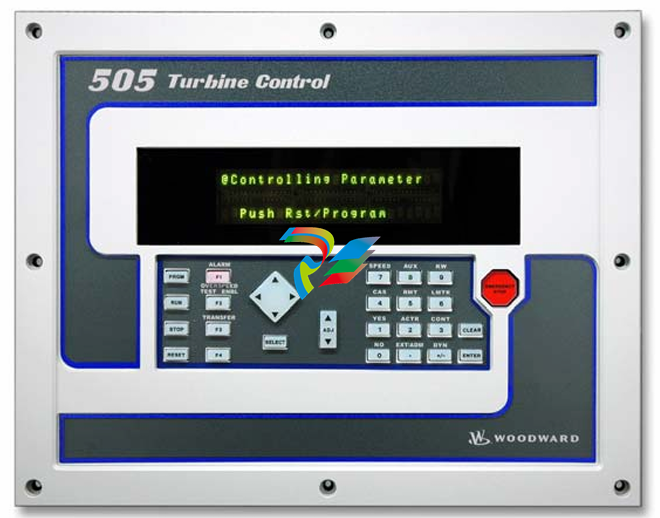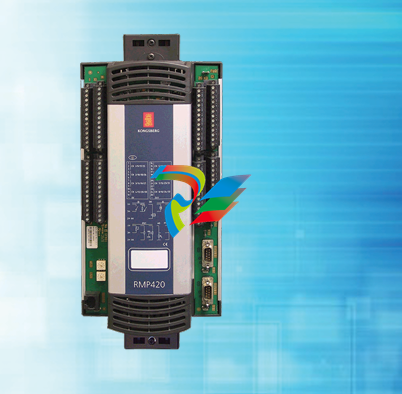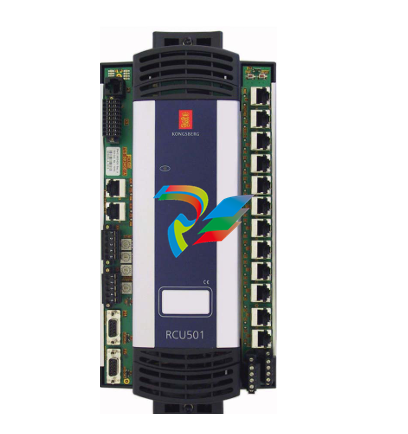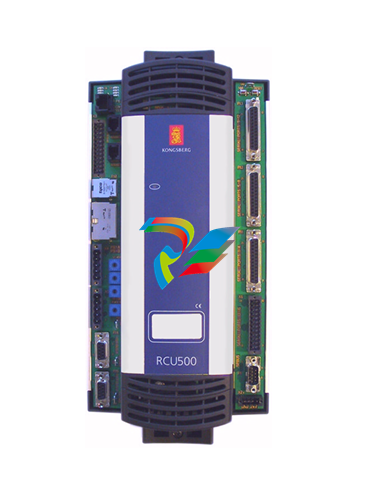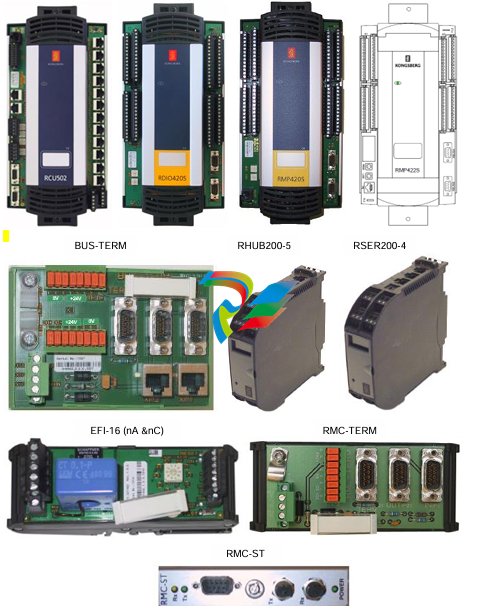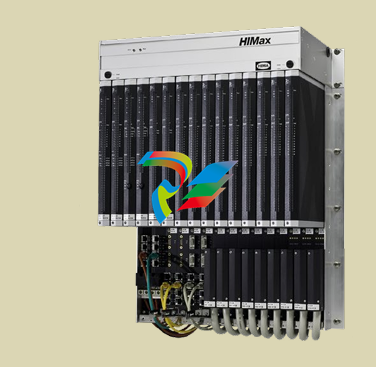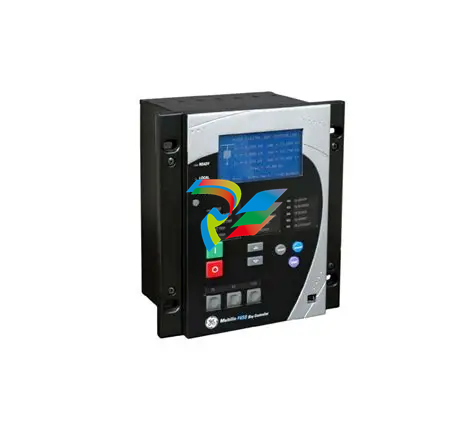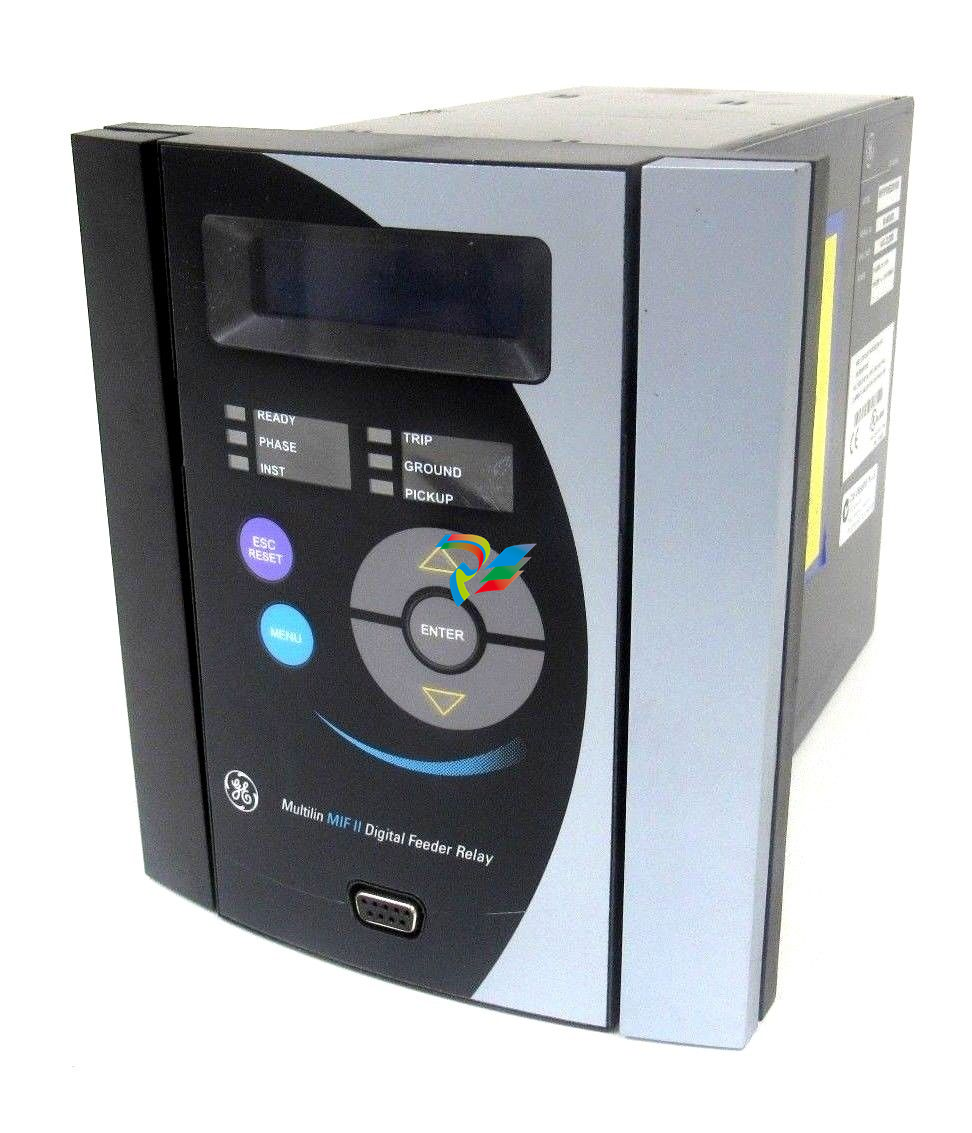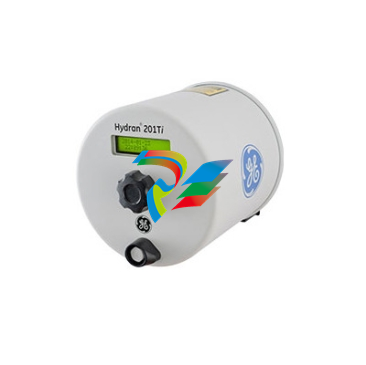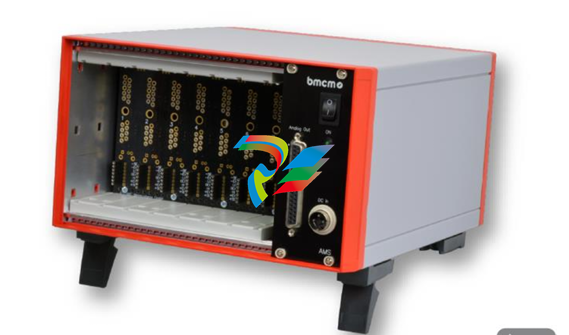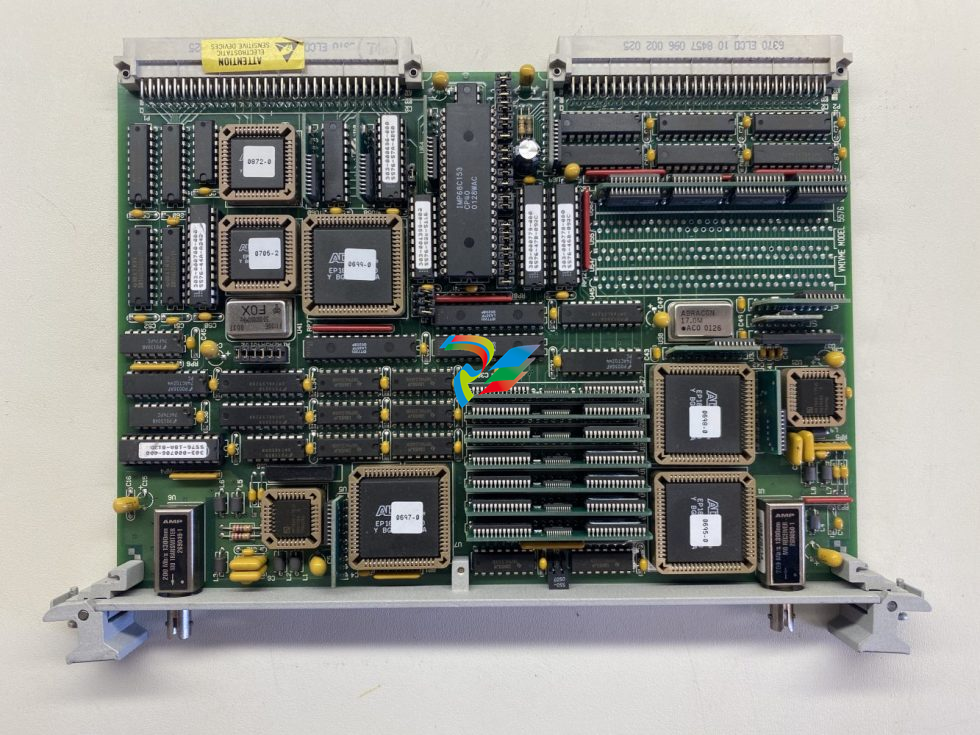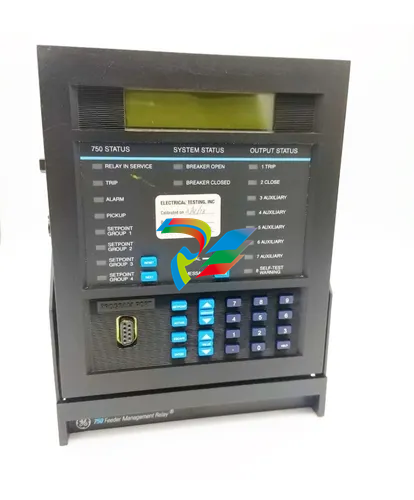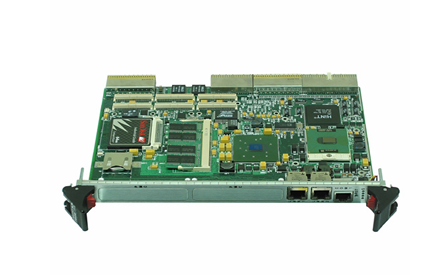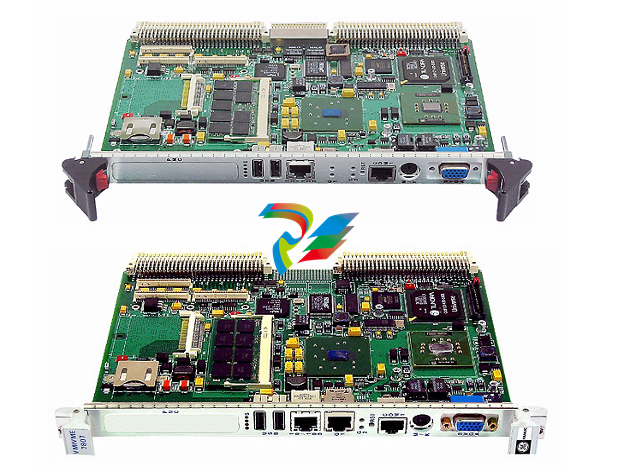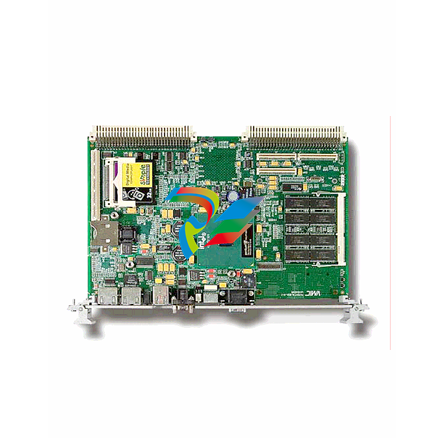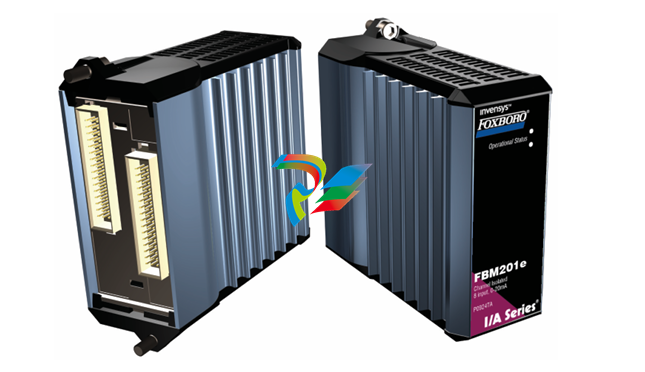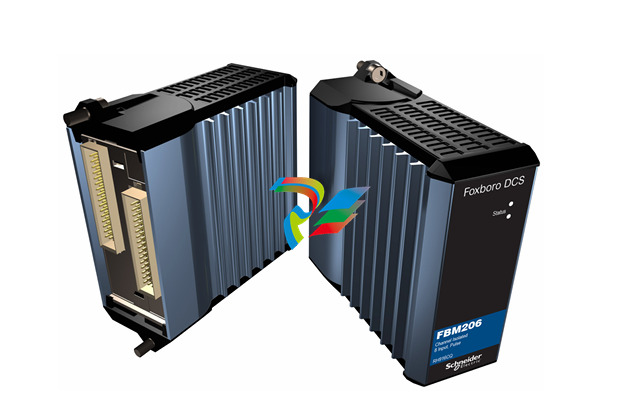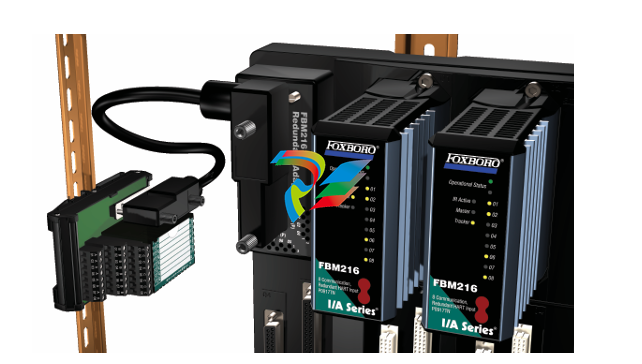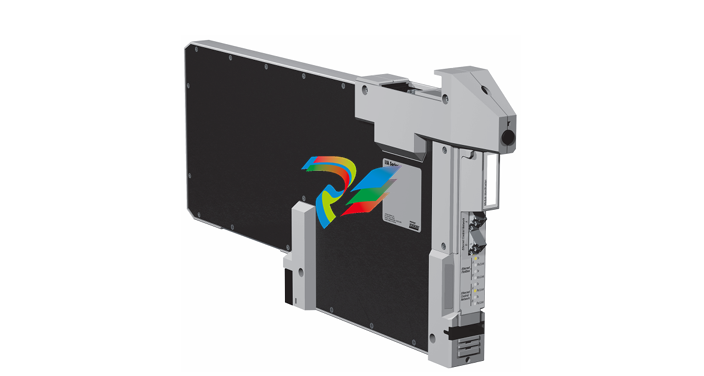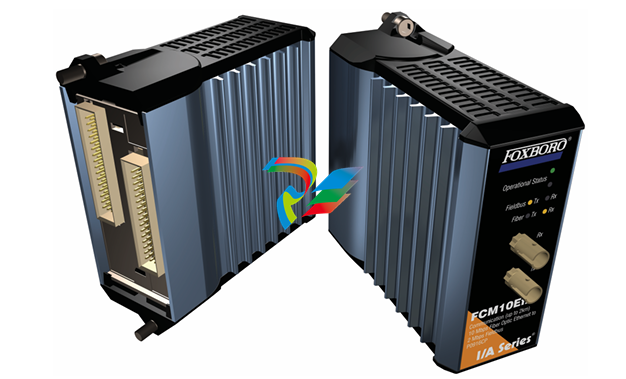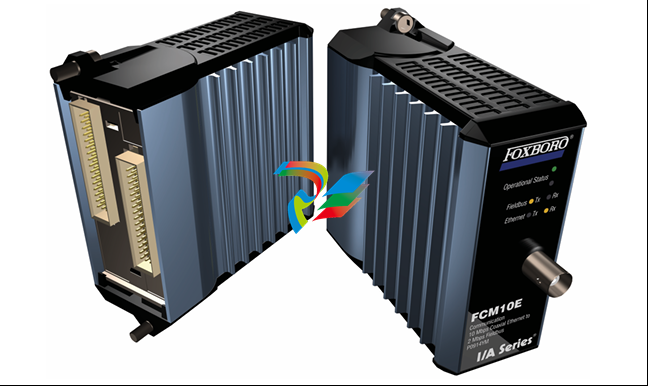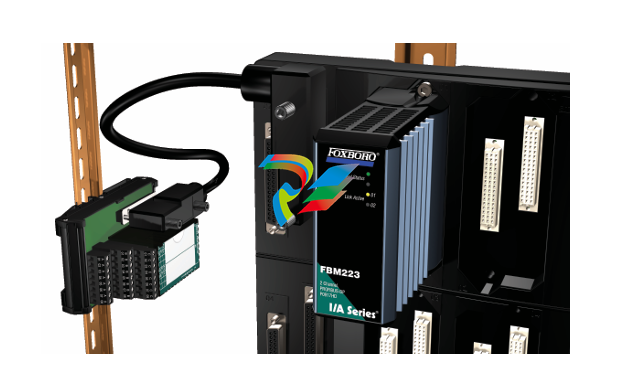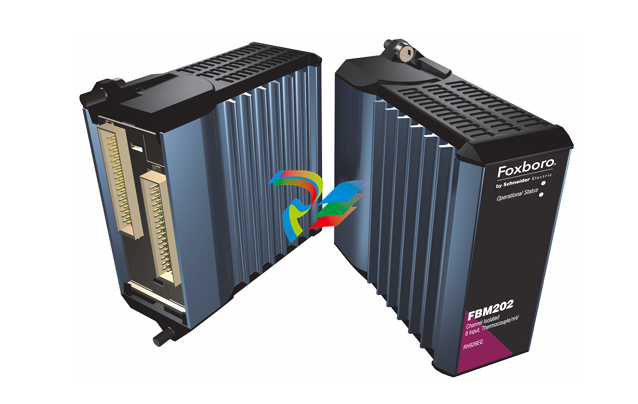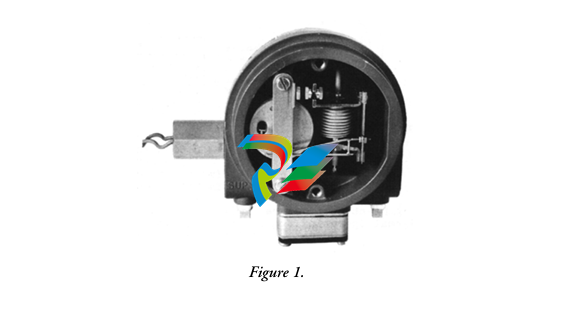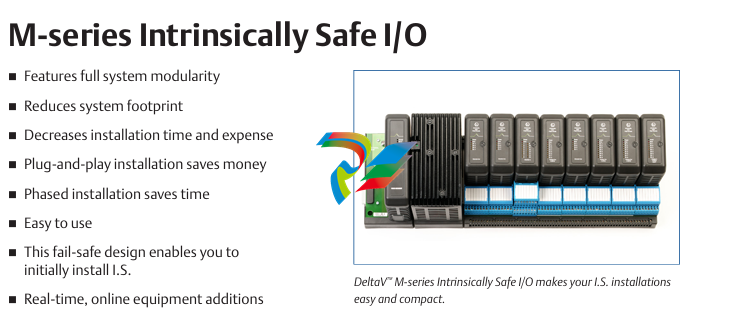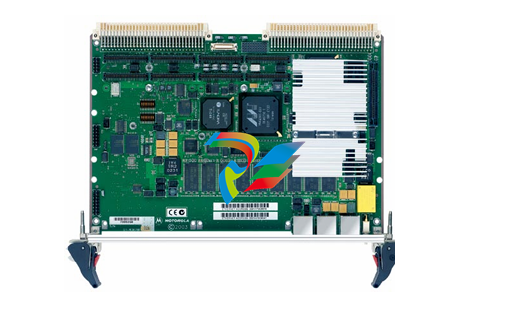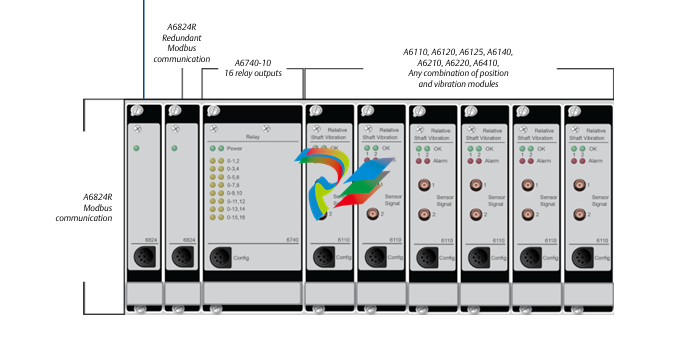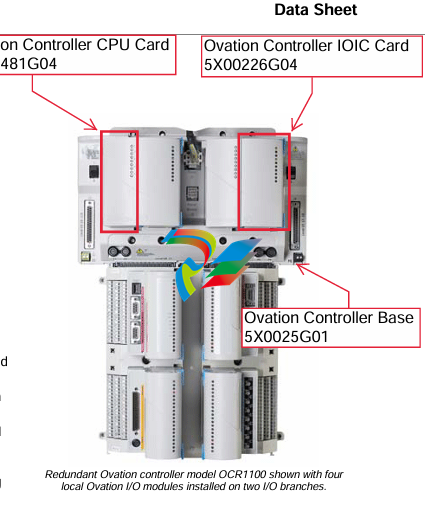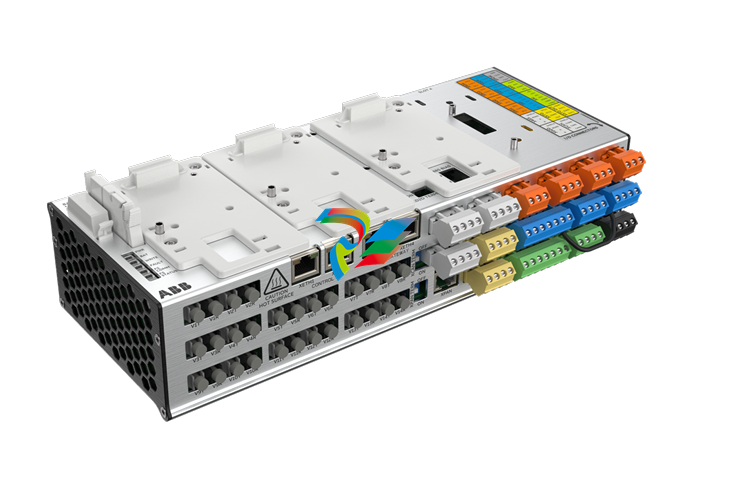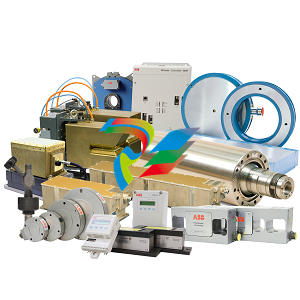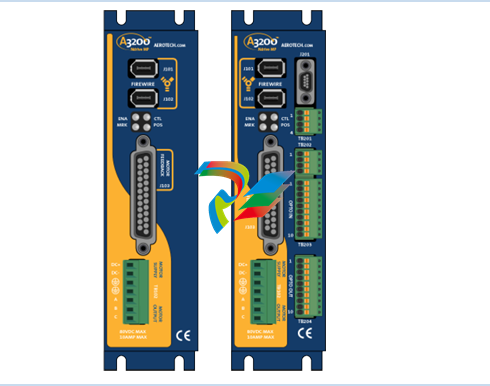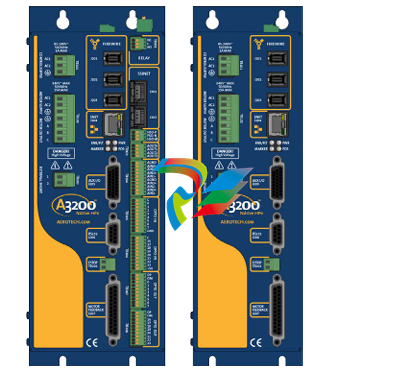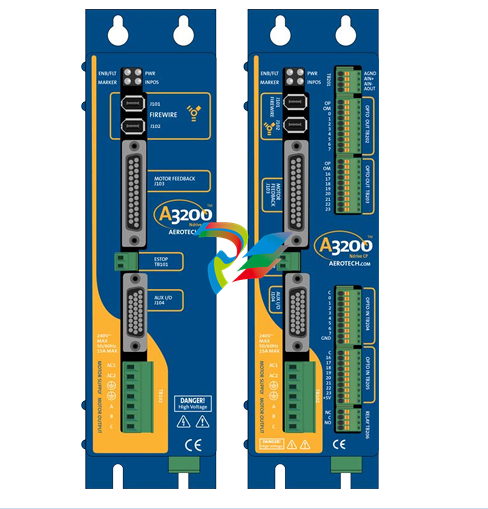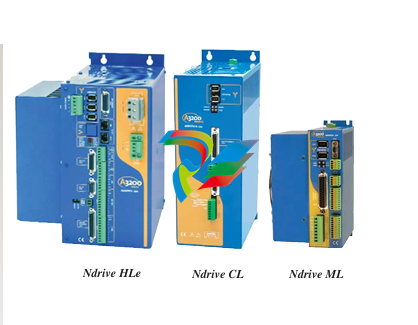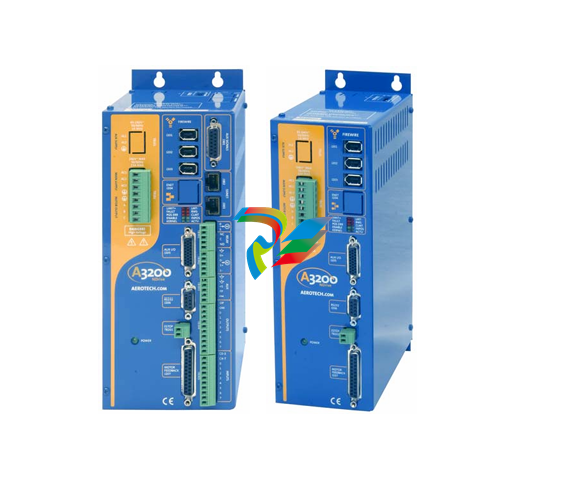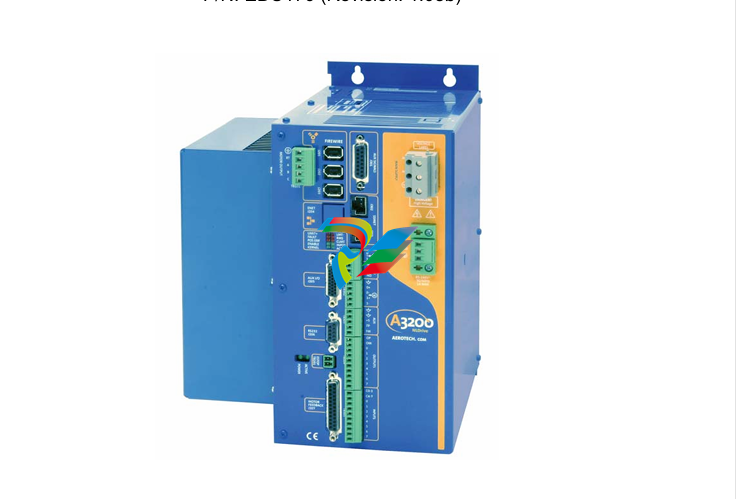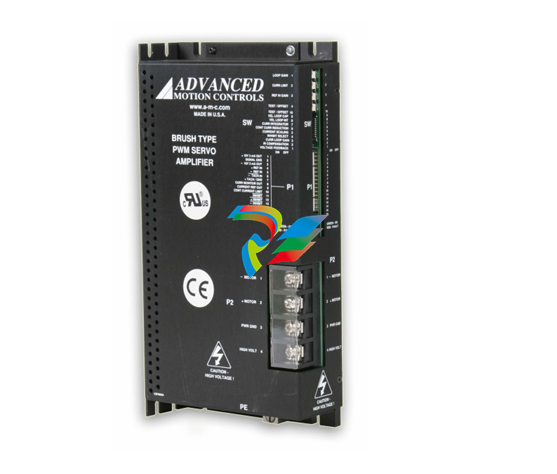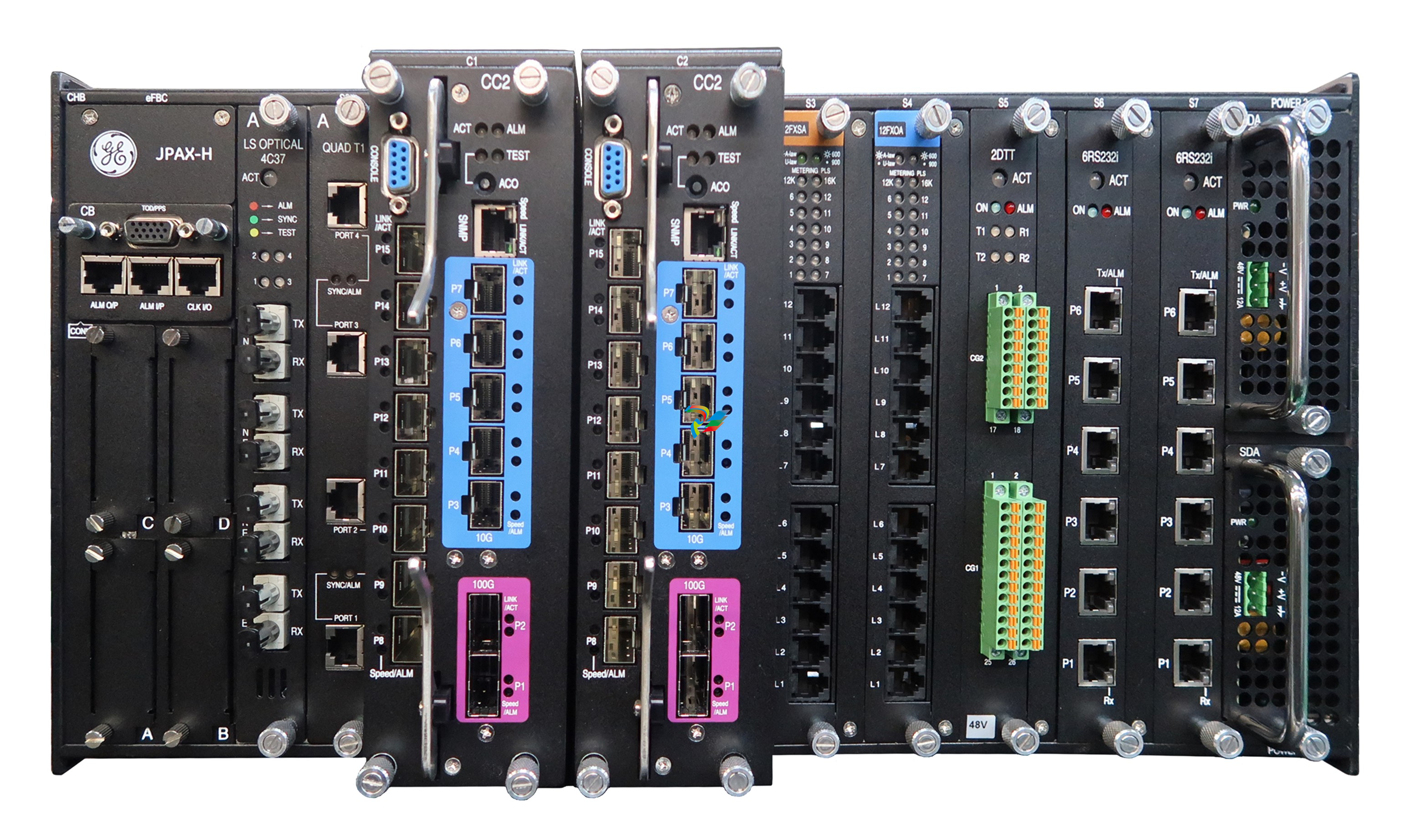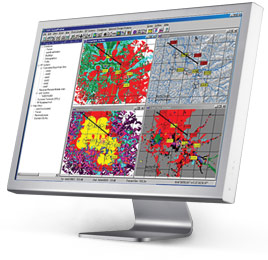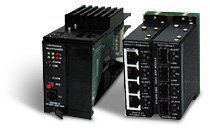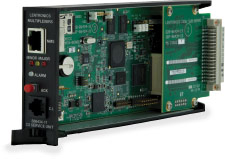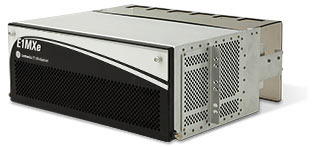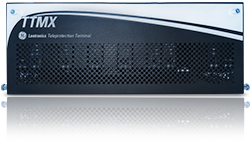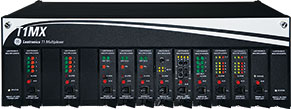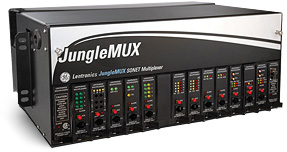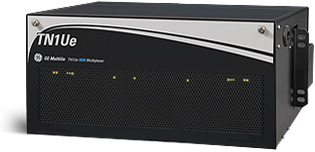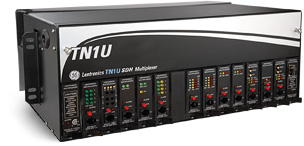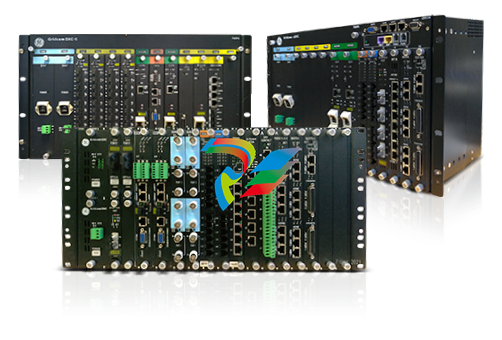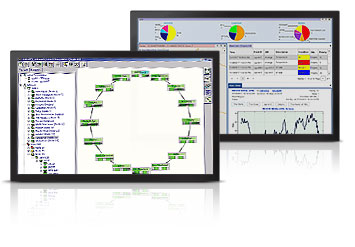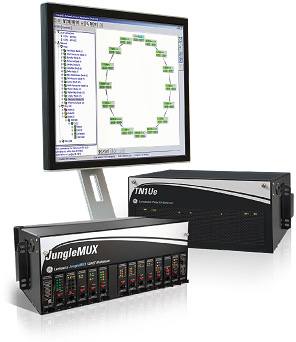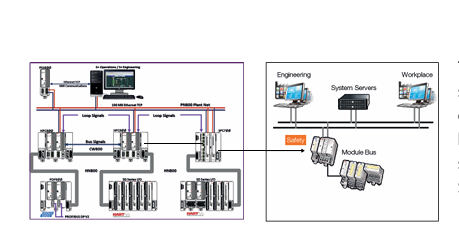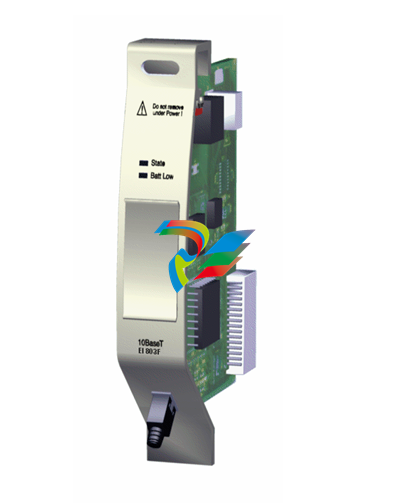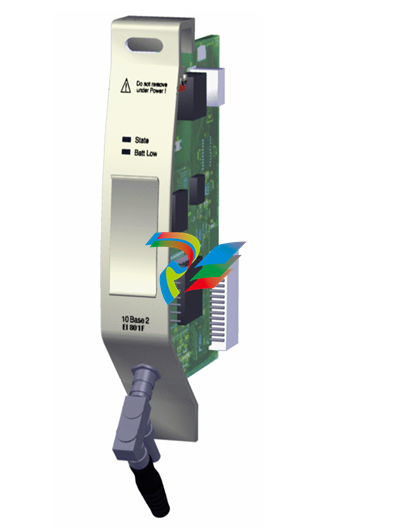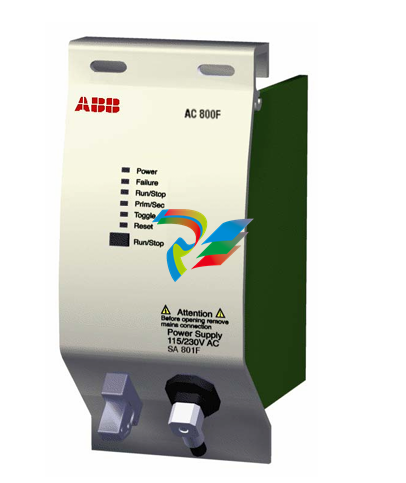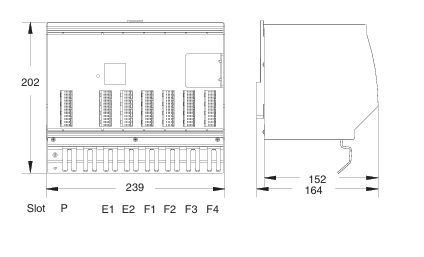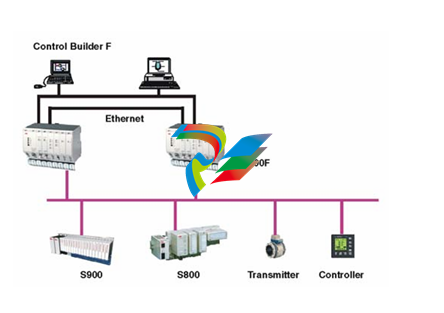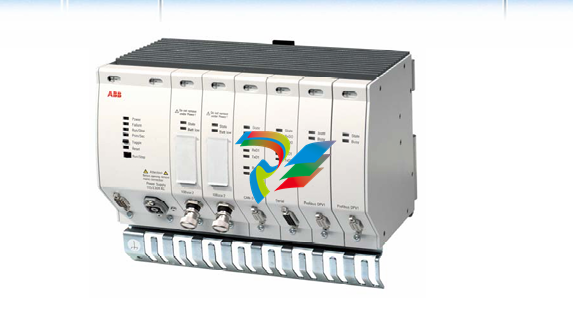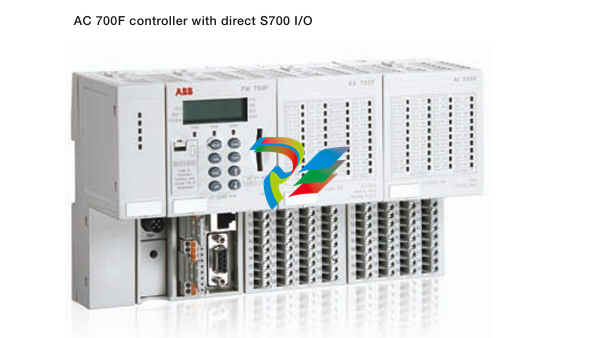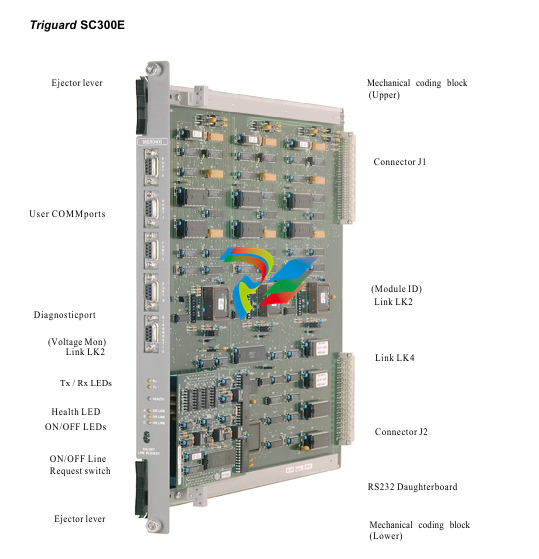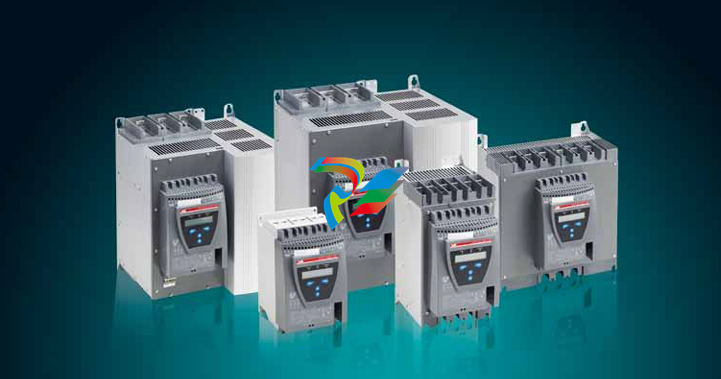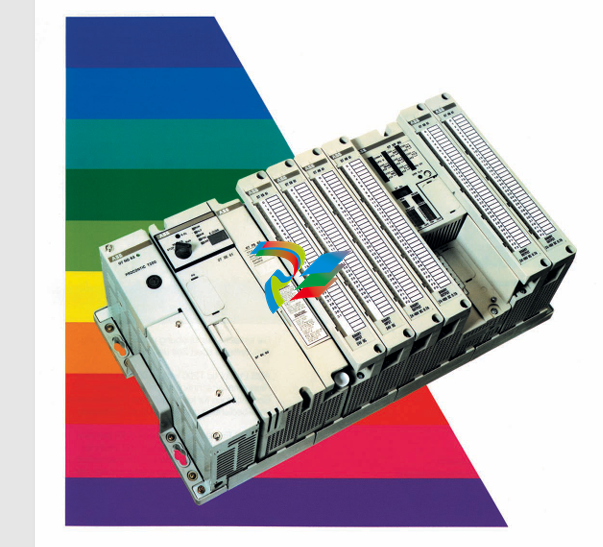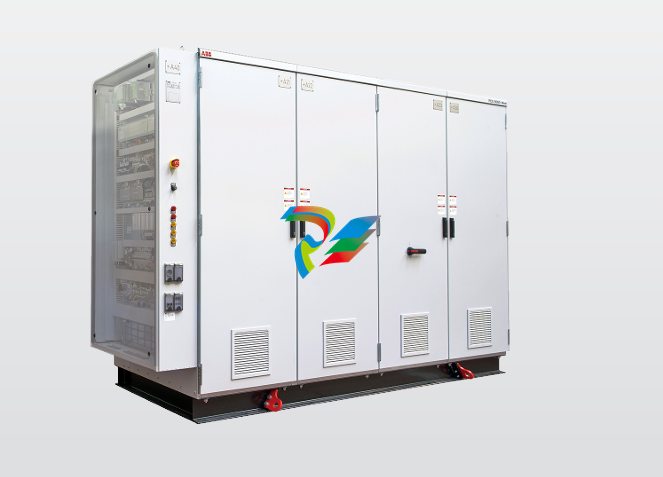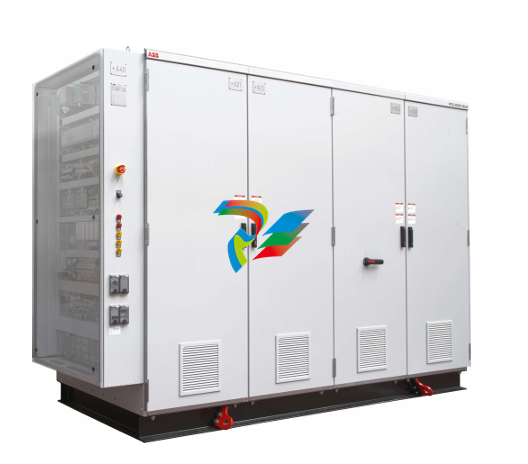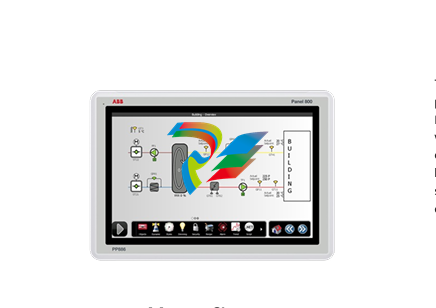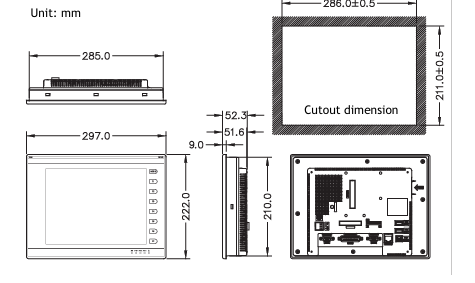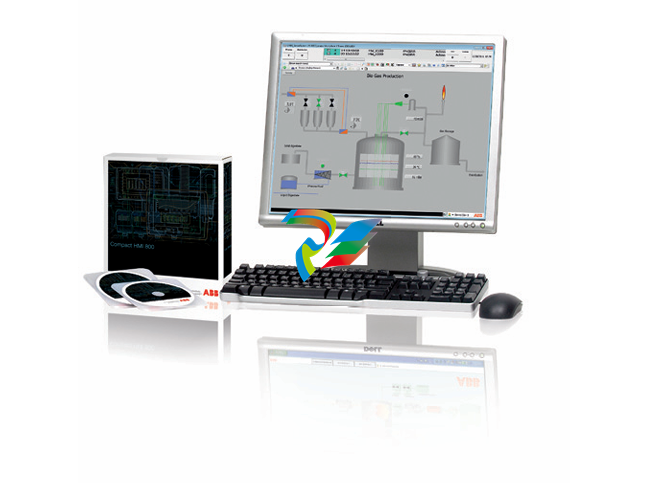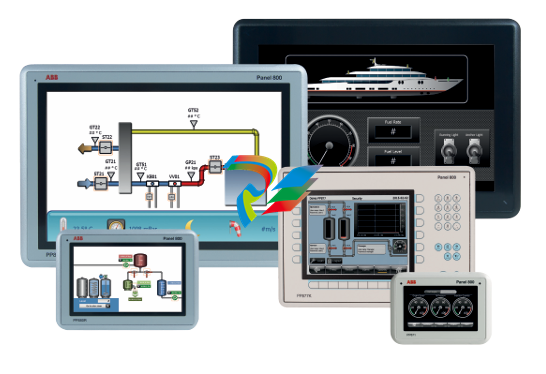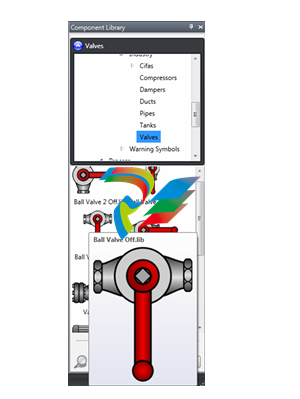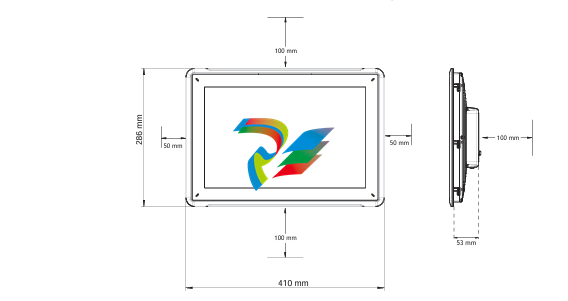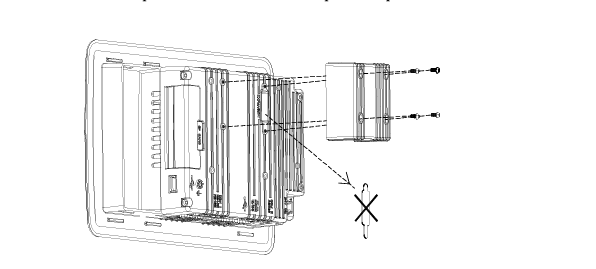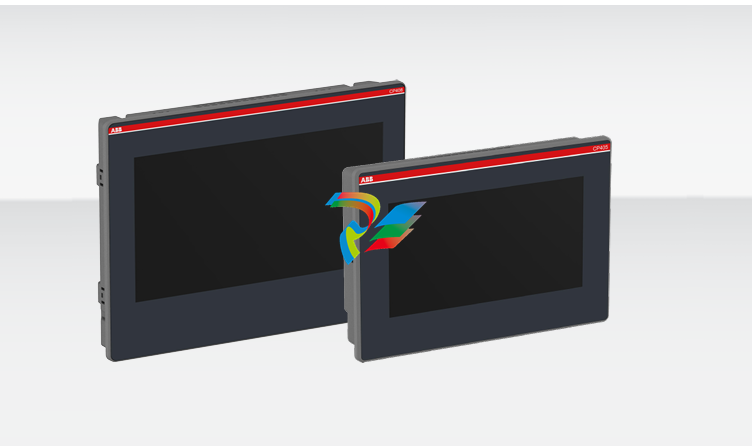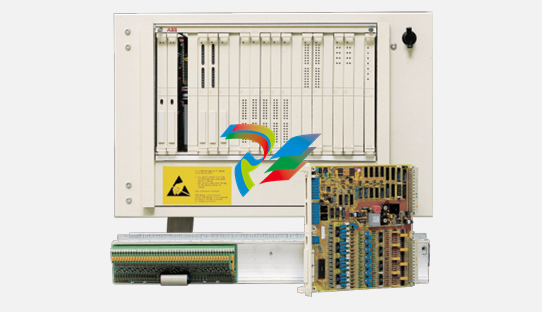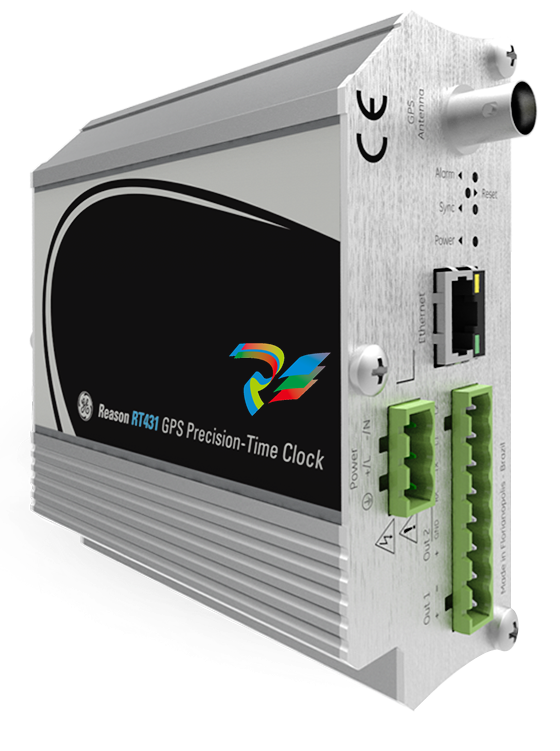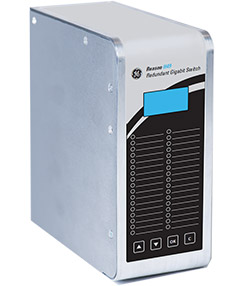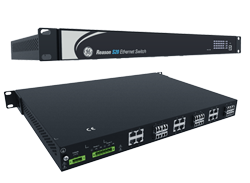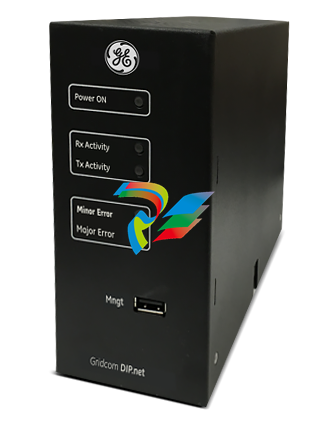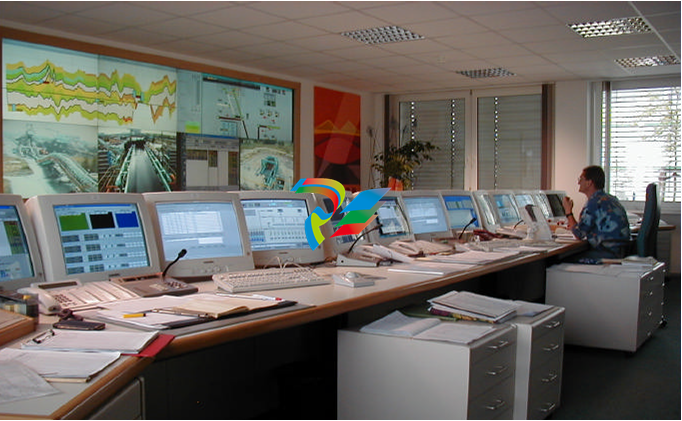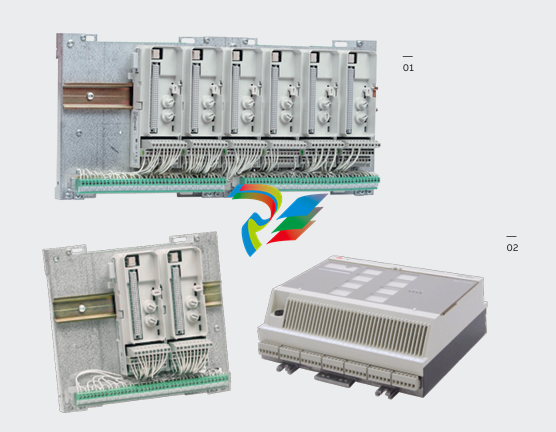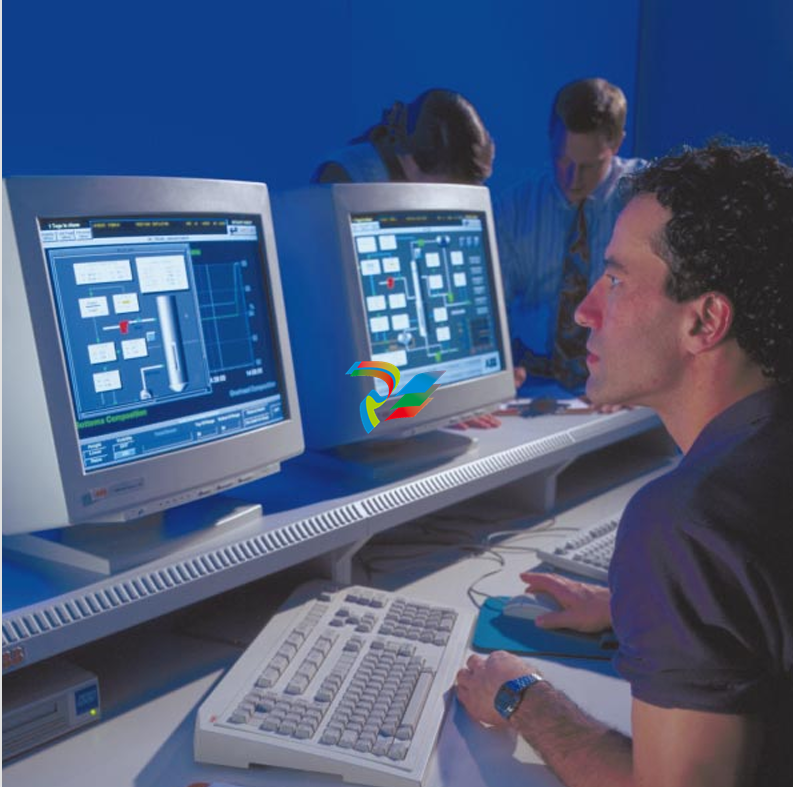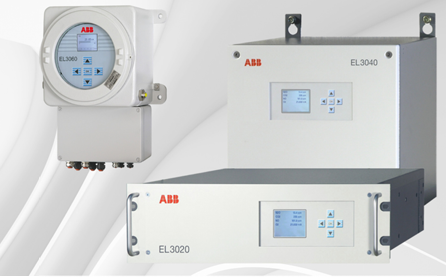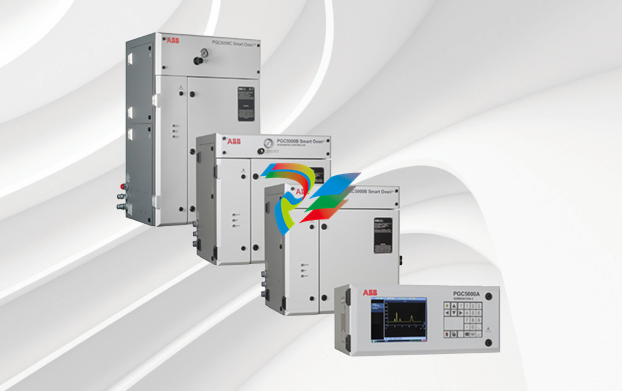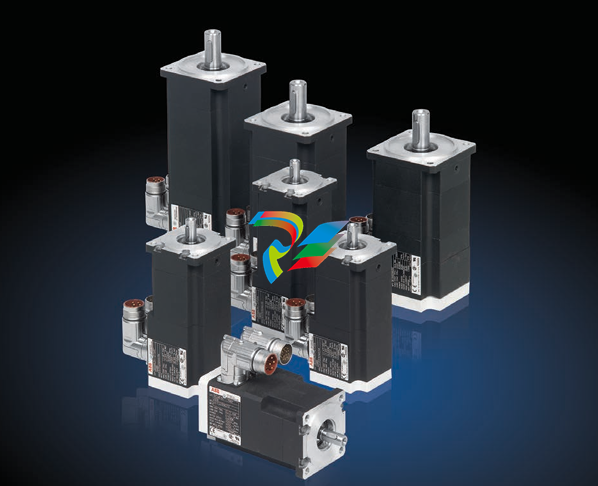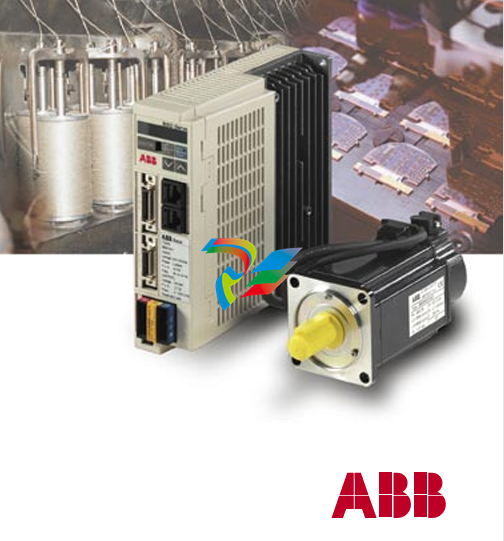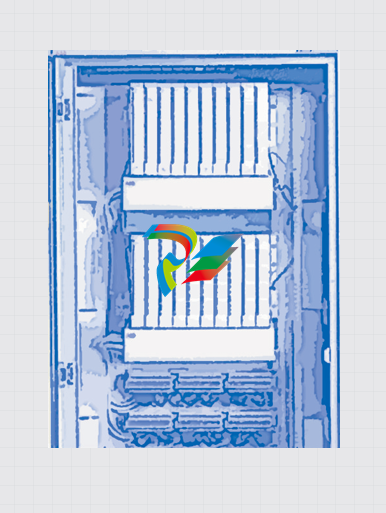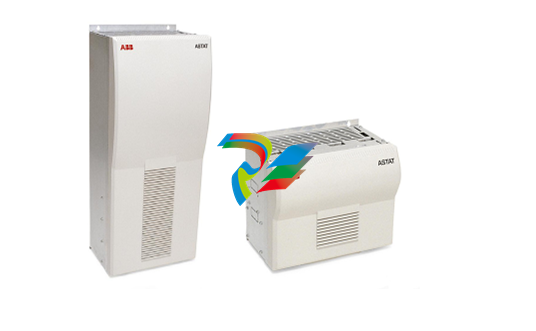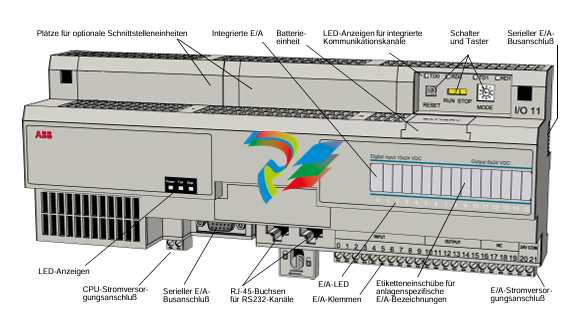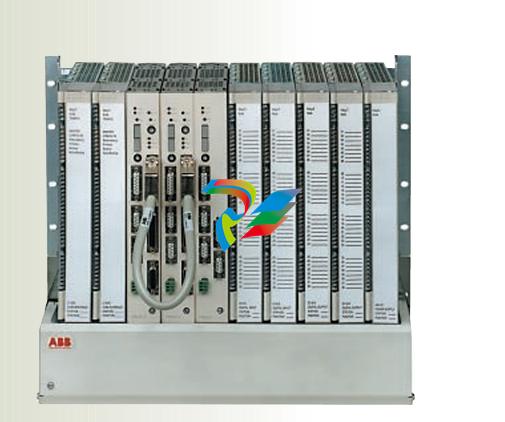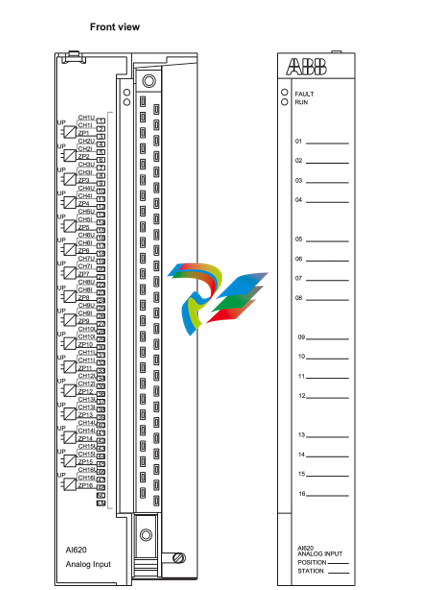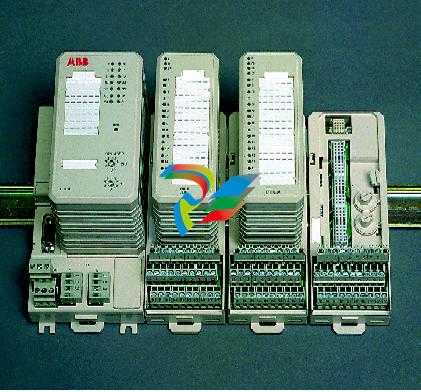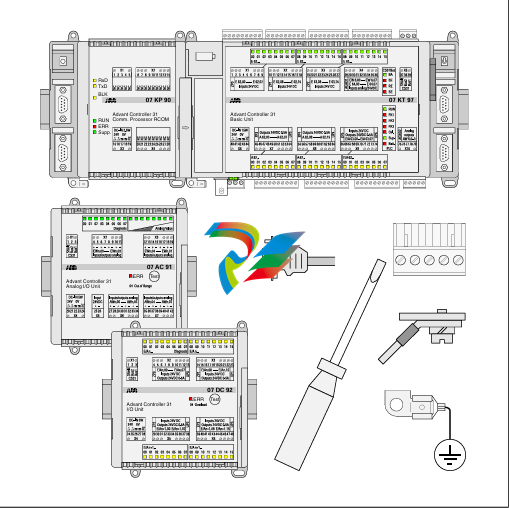
DCS; Industrial control system
Product
Article
NameDescriptionContent
Argument
Current Location:
PRODUCT SHOW
Description
**ABB DI620: The Premier Choice for Automation in Power and Petrochemical Industries**
ABB DI620 - digital input and output unit
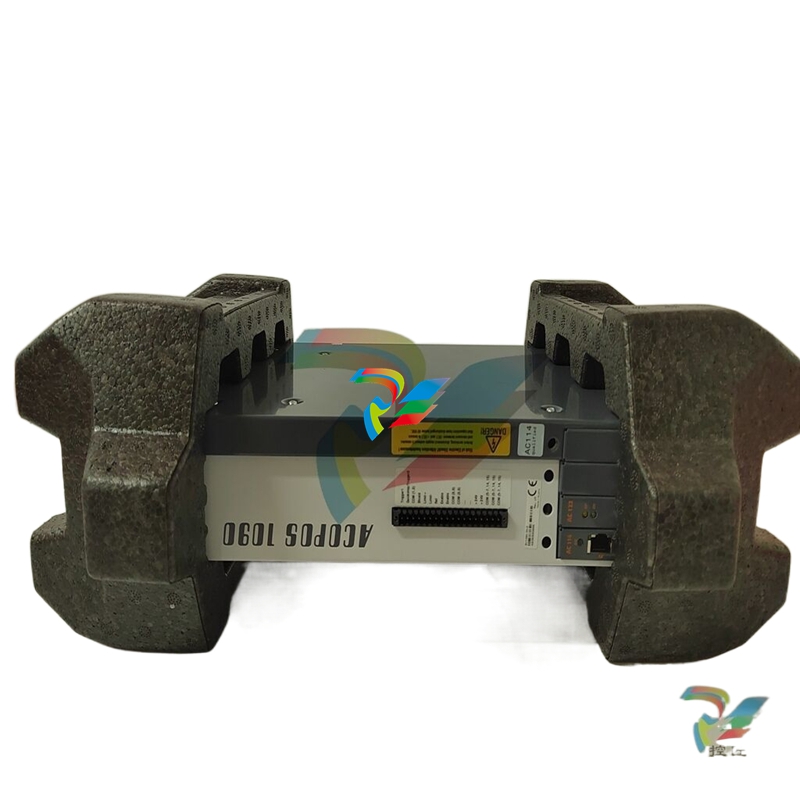
ABB DI620 - digital input and output unit
**ABB DI620: The Premier Choice for Automation in Power and Petrochemical Industries**
The ABB DI620 is a cutting-edge digital input module designed to meet the rigorous demands of the power industry, petrochemical sector, and general automation applications. Built with precision engineering, the DI620 stands out for its exceptional input/output capacity, durability, and superior performance metrics.
**Key Technical Features of ABB DI620**
The ABB DI620 boasts 32 digital inputs, enabling it to process a significant amount of data efficiently. With a voltage range of 20.4 to 30 V DC, it ensures compatibility across various systems, making it a versatile choice for a multitude of applications. The module supports fast response times, with input reaction times as low as 1 ms, ensuring that it can handle real-time data processing seamlessly.
Durability is a hallmark of the DI620, which is designed to withstand harsh environmental conditions often encountered in industrial settings. Its robust construction ensures reliable operation in temperatures ranging from -20°C to +60°C. Additionally, the module features excellent electromagnetic compatibility (EMC), providing peace of mind for operations in electrically noisy environments.
Performance metrics are further enhanced by the DI620's diagnostic capabilities. It includes comprehensive status indicators and error detection features, allowing for quick troubleshooting and maintenance, thus minimizing downtime.
**Real-World Usage Scenarios**
In the power industry, the ABB DI620 excels in applications such as monitoring and controlling power distribution systems. Its ability to handle multiple inputs from various sensors allows for real-time adjustments to be made, ensuring optimal performance and safety. In petrochemical plants, the DI620 is instrumental in monitoring equipment status and environmental conditions, which is critical for maintaining safety standards and regulatory compliance.
In general automation, the DI620 integrates seamlessly with other ABB automation products, offering a robust solution for manufacturing processes that require precision and reliability. Its flexibility makes it suitable for diverse applications, from assembly lines to complex process control systems.
**Comparative Analysis with Other ABB Models**
When compared to other ABB models, such as the ABB PM564-R-AC or ABB PM802F, the DI620 shines in its input capacity and real-time processing capabilities. While the PM564-R-AC is primarily focused on process control, the DI620’s emphasis on digital inputs allows it to serve a broader range of applications. In contrast to the ABB TA523, which focuses on traditional control systems, the DI620 provides enhanced digital connectivity, making it a future-proof choice for modern automation needs.
**Complementary ABB Models**
The ABB DI620 can be effectively integrated with several other models to enhance overall system performance. For instance, the ABB AX521 I/O module complements the DI620 by providing additional analog input options, facilitating more complex data integration. The ABB IMASI23 can be utilized alongside the DI620 for advanced signal processing, ensuring that the system operates at peak efficiency.
Moreover, the ABB BIO0003 module can enhance the DI620's capabilities by providing robust control over additional digital output signals, making it ideal for comprehensive automation solutions. The ABB DSQC697 and ABB 3HAC2148-1 can further expand the DI620's functionality in robotics and motion control applications, showcasing the flexibility of ABB's automation portfolio.
In conclusion, the ABB DI620 is a powerful digital input module that addresses the needs of the power industry, petrochemical sector, and general automation applications. With its impressive technical specifications, real-world applications, and compatibility with other ABB automation products, the DI620 is the ideal choice for industries seeking reliability, efficiency, and advanced functionality in their automation systems.

Purchase history
| User name | Member Level | Quantity | Specification | Purchase Date |
|---|
Total 0 Record
Customer Reviews
Satisfaction :
5 Stars
No evaluation information



